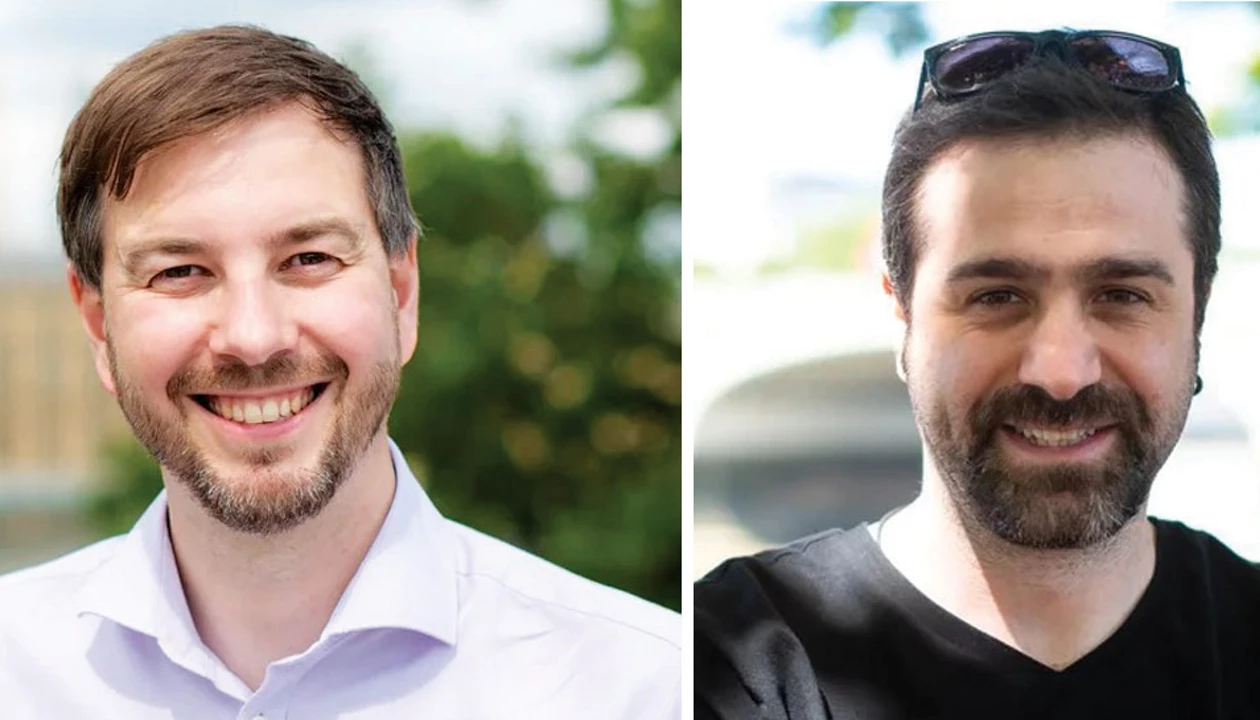Nuclide Therapeutics, a King’s College London spinout developing radioactive drugs to target therapy-resistant cancers, has closed a £5 million ($6.7 million) seed fundraising round led by German investment company Marathon Beteiligungs AG.
Although many treatments on the market are effective at killing cancer, some cancers find ways to evade the drugs. Even when treatment is initially successful, cells with drug-resistant mutations can remain and repopulate, says Tim Witney, professor of molecular imaging at the King’s College London and chief scientific officer of Nuclide. Because resistance often begins in small clusters of cells long before clinical signs appear, it can be difficult to catch, and patients often continue to receive ineffective treatments.
Witney’s group was working on radiotheranostics, which combines detection with treatment, when Muhammet Tanc—now Nuclide’s cofounder and CEO—applied for a postdoctoral position. Tanc worked in Witney’s lab to develop radiotracer molecules that target proteins linked to resistance pathways to light up resistant cells, often before the cells are visible through other imaging techniques. And when resistance does appear, the imaging isotope can be swapped for a therapeutic one.
Tanc and Witney decided to commercialize their technology and founded Nuclide along with biologist Sophia Santos and radiochemist Richard Edwards.
The company is focused on targeting ALDH1A1, an enzyme that detoxifies aldehydes but is hijacked by treatment-resistant cancers—in advanced stages, up to 60% of tumor cells upregulate the enzyme. By identifying these cells, then targeting them with radiotherapy, the treatment is specific, Witney says. “We can actually deliver a bomb to the tumor itself and leave all those healthy tissues intact.”
The researchers have already demonstrated preclinical data success against lung and ovarian cancers with their approach, although Witney says Nuclide plans to initially concentrate on lung cancer treatment because of the poor prognosis for most patients.
The initial investment provides a 2-year runway; the team plans to finalize toxicology studies on its lead candidate in early 2026 and move to patient trials later that year.
“We’re focused on making a difference in cancer patients’ lives,” Witney says.
Chemical & Engineering News
ISSN 0009-2347
Copyright ©
2025 American Chemical Society
